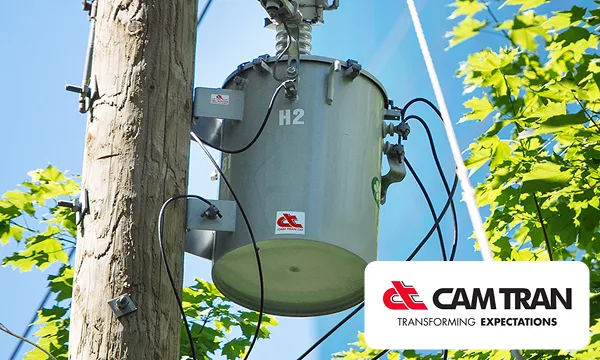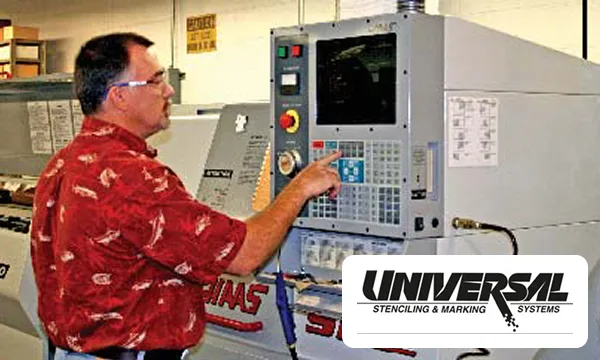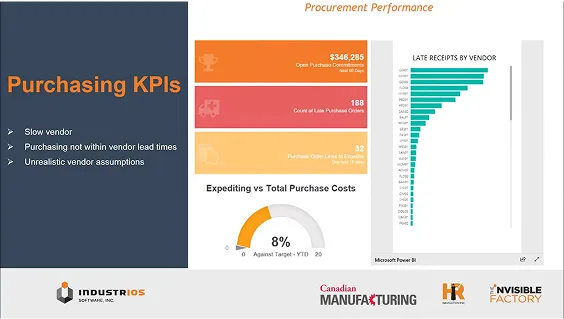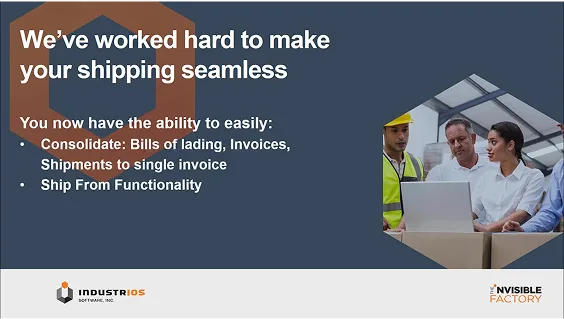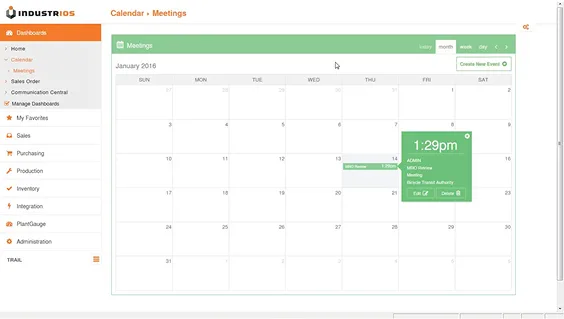OK, maybe some ERP consultants are not chickens
Whether it’s an Enterprise Resource Planning (ERP) vendor or an ERP evaluation consultant, you still need experience and commitment.


If you’ve been following along, you may recall the blog post from last month. In a previous post, we talked about consultants’ tendency to view ERP software as a commodity, rather than a beneficial symbiotic relationship… Particularly when it comes to ERP-specific implementations
We enquired about the consultant’s commitment to the projects and raised questions about the consultant’s reasoning regarding certain choices and ethical implications. To be more specific: depleting their clients’ initial ERP implementation project budget, only to offer a ‘loan’ covering the software implementation costs.
.And yes, using an old business fable, we likened consultants to “chickens.” (If you missed it, you can get full context here.)
We posted the article on LinkedIn where Jonathan Gross, Principal at Pemeco Consulting, commented that “there are plenty of good consultants in the market. I think your article refers to the other kind.”
So, we contacted the Man himself to inquire if he had a moment to discuss the issues related to ERP evaluation consultants and ERP vendors. Gross, who frequently writes about ERP software, has graciously agreed to be on record.
As it turns out, there are crucial areas we agree on.
Watch out for the front-loaders
Like us, Gross isn’t a fan of front-loading the budget. “The consultants will spend weeks or months discovering each and every business process and then weeks or months more documenting them,” Gross wrote in a post on Pemeco’s website. “It’ll cost you tens upon tens of thousands of dollars, sometimes hundreds,” he warned, later adding that “In the end, you’ll have wasted precious time and a lot of money at the front-end of the project.”
Gross advocates a strategy that focuses on identifying a company’s unique needs, competitive differentiators, and major pain points.
“At the end of the day, you’re going to need your money to make sure that the processes that you’re putting in place are well-defined to support your business goals and processes,” explains Jacques Decarie, Vice-President Sales and Marketing at IndustriOS.
“Everybody’s got great advice. Manufacturers should remember that only your implementation partner will walk you through the finish line. Putting a lot of money upfront may, in a lot of cases, take away from the money needed after go-live.”
Growth, floppy disks, and relationship advice
Wait, I need money after Go-Live? Yes. What use is your robust new ERP software if your workers don’t know how to use it to its maximum potential, or are having difficulty changing old work habits?
This is where — and forgive us if we’re starting to sound like a broken record — treating ERP software as a relationship, and not as a commodity, is critically important. Having this mindset is crucial when starting the buying process.
Gross agrees: “You are not buying a piece of desktop software that you’re going to install with a floppy disk. Erecting barriers, only making decisions based on spreadsheets or responses on a web-based system is not an effective way to run a software selection process.”
Get to know the vendor as well as you can, says Gross, “Talk to the executives, talk to the implementation team, talk to their references and really get to know them. Have them get to know you. Let them meet your people, study your business and learn your pain-points. We’re talking about building a relationship for 10 to 15 years.”
Growth hurts
The keyword here is “growth,” which in business often has a shining halo of positivity on it. The reality is that business growth is not easy. In today’s world, it is necessary to adapt and change work habits, new behaviors, find, hire, and onboard the right talent, implement new processes, and learn new software systems.
“One of the biggest challenges is implementing sustainable, behavioral change,” explains Decarie on what happens after Go-Live.
“You’ve got a growing manufacturing firm and nobody can be expected to know everything. You still have to deal with currency issues, importing issues, dealing with vendors overseas, et cetera, and it’s the same across the operational lines, whether it’s purchasing production, shipping, scheduling, quality — all these people have a certain skill set and a certain level of experience and they can all benefit from an additional level of expertise to make sure that they use their systems in the best way to support their business.”
If all this is to be successful, the relationship with your supplier must be strong. If you have hired a consultant, this relationship should also be solid. Hands-on experience, great communication skills, and an understanding of business processes are also signs that you’ve found a committed consultant.
Which was our point to begin with — make sure you get the pig in the proverbial bacon-and-egg ERP breakfast.



